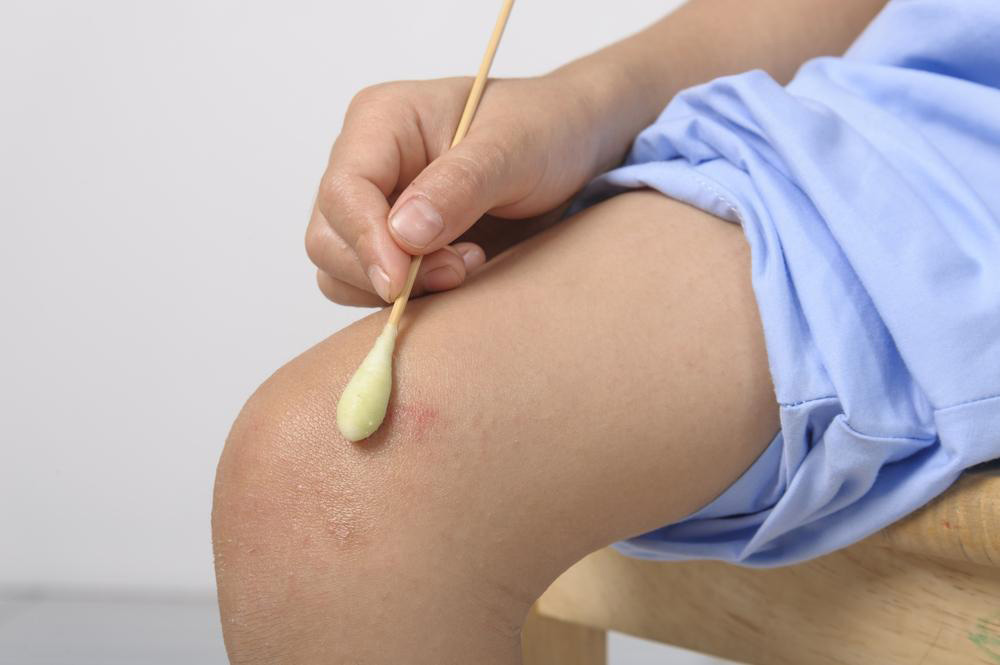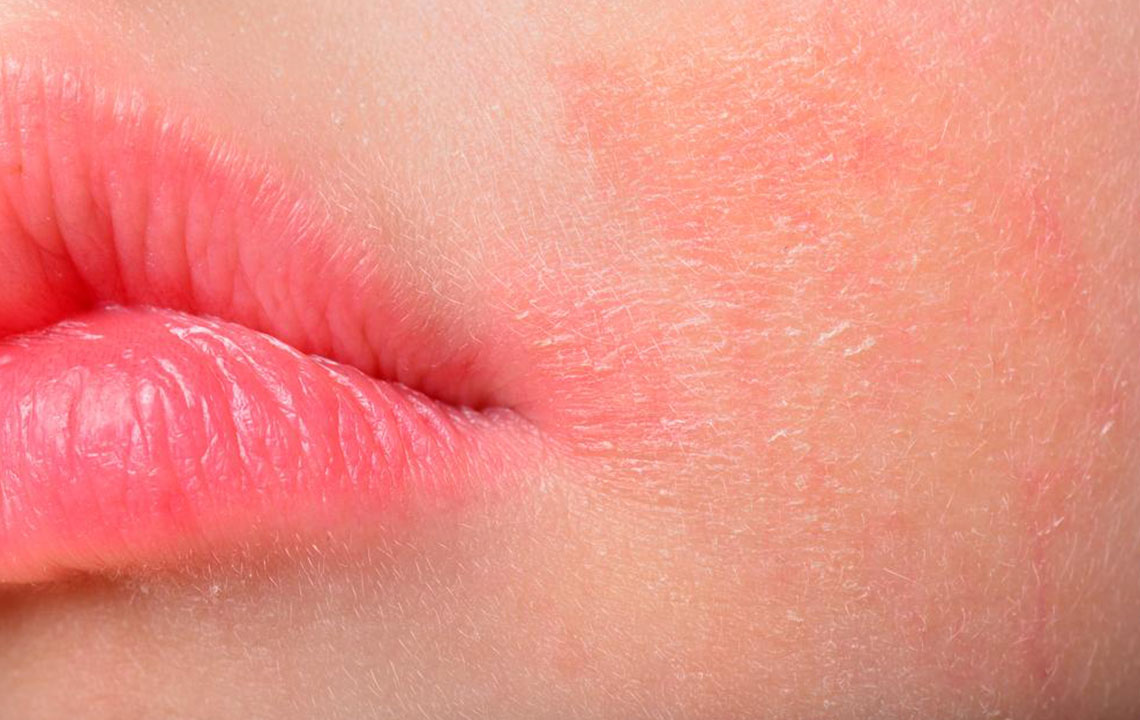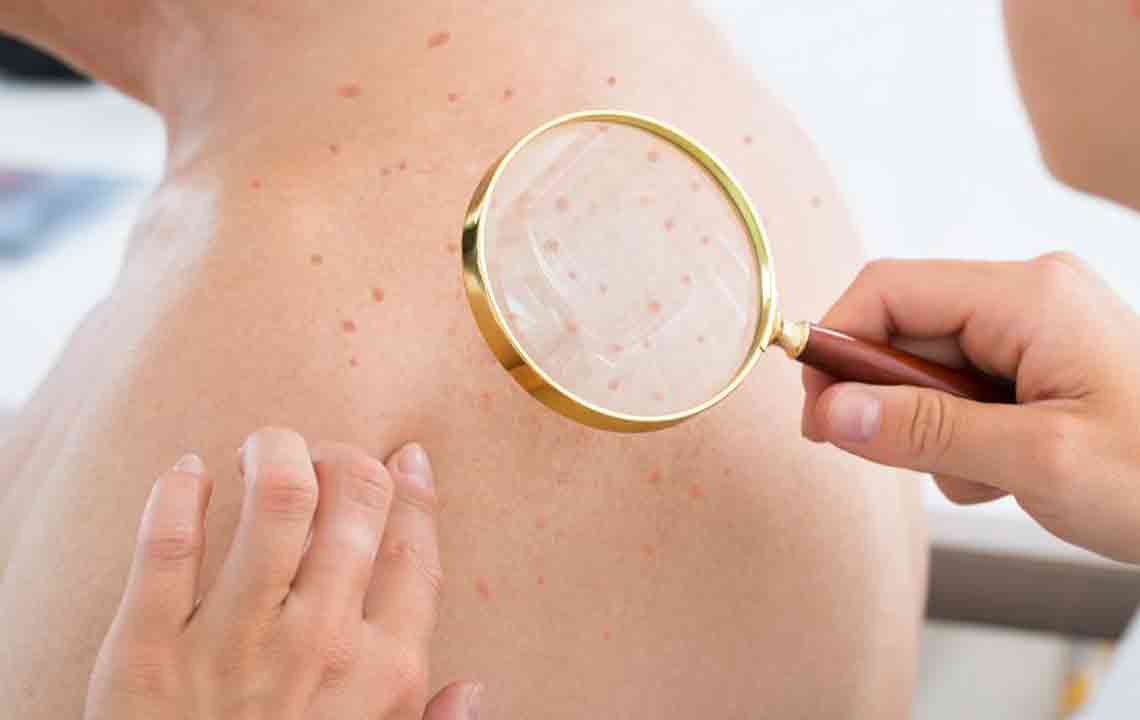Comprehensive Guide to Managing Hives and Itchy Skin Reactions
This comprehensive guide explains how to identify, manage, and treat hives and itchy skin reactions. It covers types, causes, when to seek emergency care, and remedies, including home and natural options, to help individuals effectively handle urticaria and related conditions.

Comprehensive Guide to Managing Hives and Itchy Skin Reactions
All You Need to Know About Hives and Skin Allergies
If you've never encountered hives, you might be surprised to see your face or neck developing fleshy or red bumps. Children might also return home with itchy rashes covering their bodies.
What should you do next? Most people turn to online searches, consult friends, or seek medical advice to find quick relief.
This condition, known as urticaria, presents as itchy, red bumps on the skin, varying in size from tiny to several inches. These spots can merge into larger patches. While most fade within a day with home care, some persist longer and require prompt medical attention.
Hives can be classified based on duration into two categories.
Acute urticaria, which lasts less than six to eight weeks.
Chronic urticaria, which persists longer than eight weeks.
Generally, brief episodes are self-limiting, and doctors often do not perform extensive testing unless symptoms are prolonged.
Are red, itchy bumps a cause for concern? Though these skin reactions often result from allergies, they can also be triggered by various factors including:
Medications
Stress
Underlying health issues like thyroid disorders or cancer
Insect bites or stings
Cold exposure
Sunlight
Infections
Pinpointing triggers is crucial for prevention. Identifying these factors helps avoid future outbreaks and reduce skin irritation.
When should you seek emergency care? Most hives resolve within 24 hours without treatment. However, medical attention is vital if you experience:
Breathing difficulties
Faintness or dizziness
Swelling in the face, lips, or throat
These symptoms may indicate a severe allergic reaction requiring urgent medical intervention.
Home remedies to soothe hives Many individuals find relief through simple remedies such as:
Taking oatmeal baths or soaking in baking soda solutions to calm irritated skin.
Applying cold compresses to reduce itching and swelling.
Using gentle, fragrance-free products for bathing and skin moisturizing, avoiding harsh chemicals that cause irritation.
Natural treatments for hives If home remedies aren’t enough, consider natural options like:
Applying witch hazel, whose tannins soothe skin irritation.
Using aloe vera to promote healing and reduce inflammation.










